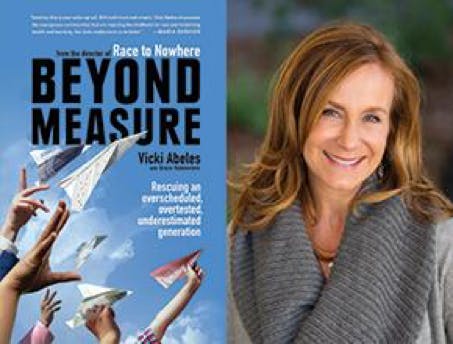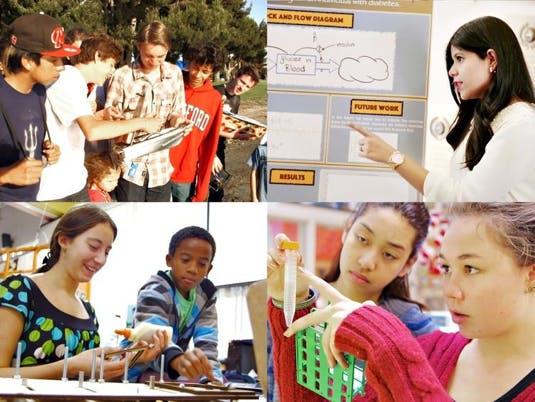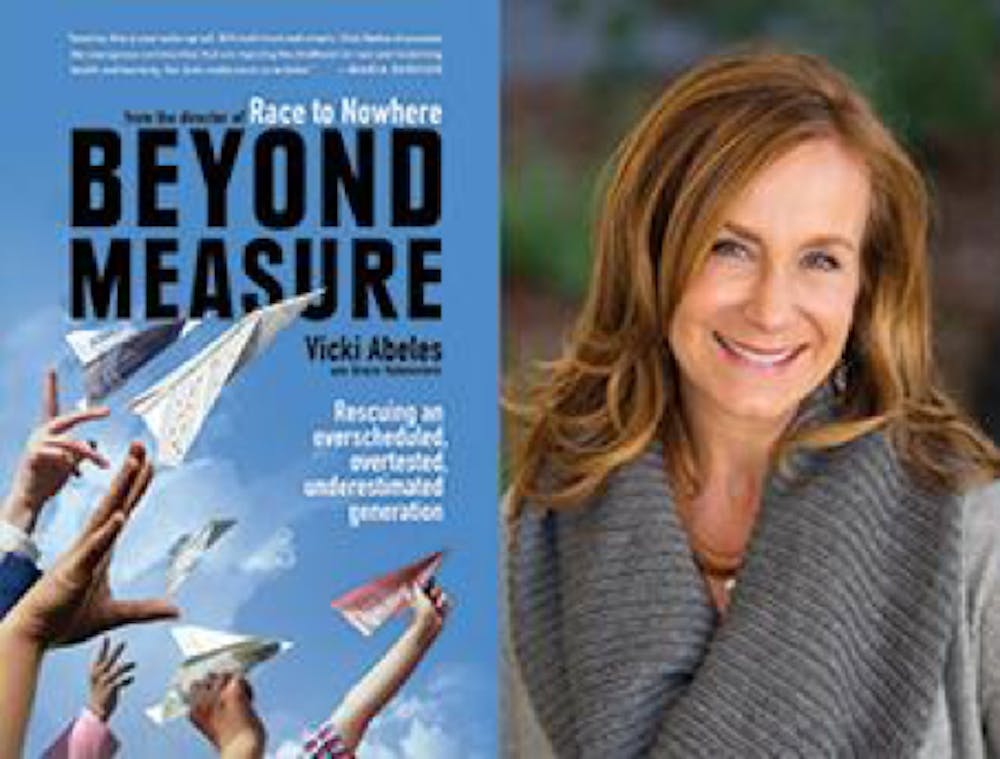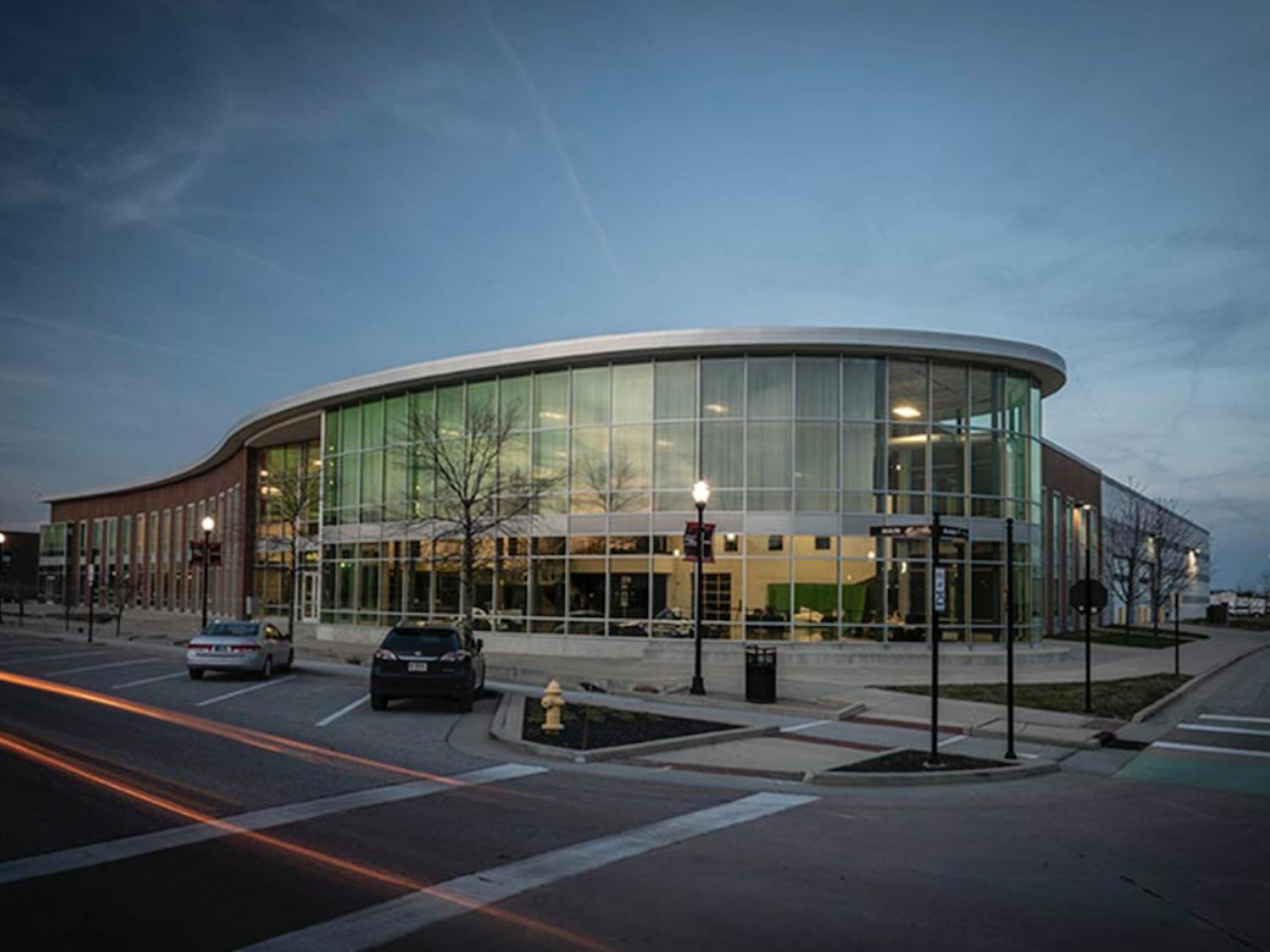“Beyond Measure” director and producer Vicki Abeles joined a few teachers featured in the film at the Heartland Film Festival this week, and answered questions from an audience of mostly fellow educators. Read our review below.
By Leighann Strollo 10/25/15
Any student would tell you that they don’t enjoy taking tests in school, but they’re forced to deal with it because it is such an ingrained part of the school system. Students don’t feel like it’s something that can ever be changed. But what if it can?

The movie followed specific students, and teachers at a collection of schools across the country. It executes understanding that it can be difficult to be a student, and a teacher when the traditional forms of teaching clearly just don’t work.
“You can’t put 20, 30 kids in a room and expect them all to learn the same material at the same pace, with the same structure. Everybody has their own learning style. Everybody has their own pace,” Matt Whalan, one of many students followed in this film said as the opening credits rolled on the screen.
The movie showed similar situations play out across the country as decisions were made that would alter the education system, and ultimately the lives of the students. Whether it be a high school in Seattle that boycotted a mandatory standardized test, or one in Massachusetts that created an independent project that allowed students to learn what they wanted, and how they wanted. It became clearer that the gears were turning to create a better learning system.
While the message was very moving and something to be passionate about as a student in America today, “Beyond Measure” became a bit repetitive, saying essentially the same thing for the entire 90 minute movie.
In one scene two high school girls argue about collaborating, and one exclaims that she doesn’t care if people do the work for her. This shows some of the struggle with the new project based learning their school tried to implement. It begs the question of can it ever be perfect?
“I think we’re in a really pivotal moment...I have a lot of hope for what I’m seeing across the country,” Abeles said after the screening. “There is growing resistance for high stakes testing both on the part of the parents and educators. That said I think there is a lot of important work to be done in our schools, and I don’t think we should wait for the policymakers to change things before we start making changes.”

“Education has become all about filling in a bubble, rather than unlocking human potential,” Abeles and Travis Hamby, Trigg County superintendent discussed this after the film in detail.
“What we’re hearing from colleges and employers is that our kids are far more disengaged, and unhealthy than in past generations,” Abeles continued, suggesting that something needs to be done.
“We have to find people that are willing to [make a stand] that [the scores] are the end all be all for these kids because we know it’s not,” Hamby continued to explain.
https://www.youtube.com/watch?v=m4LTV8jat2o
An audience member ended the Q&A with a comment about how she had witnessed efforts to fix the education system for decades, but there was still an overwhelming amount of changes to be made. It seemed fitting as the entire theater felt a sense of hope, despite the work that still needed to be done.
'Beyond Measure' Gauges Exactly What is Wrong with the Education System

Heads up! This article was imported from a previous version of The Campus Citizen. If you notice any issues, please let us know.




